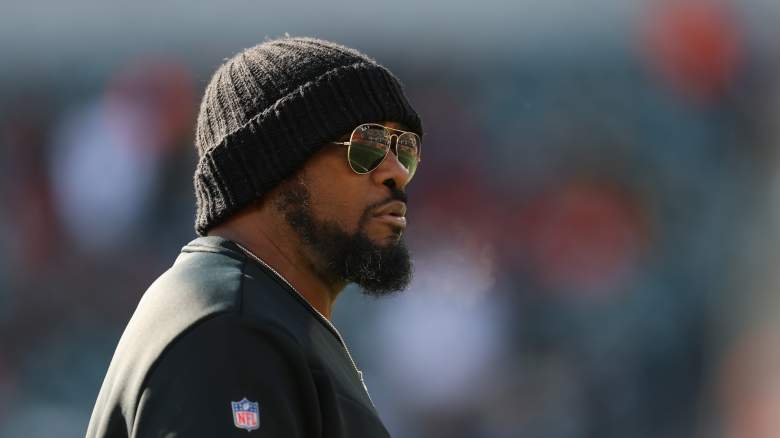What's New
Even though they're ages 12 to 27, Gen Z's midlife crisis is already beginning, according to a new report from Arta Finance.
In a survey of 2,000 Americans, 38 percent of the Gen Z respondents said they were experiencing a midlife crisis.
Why It Matters
The typical midlife crisis occurs from age 40 to 60 and usually centers around uncertainty regarding identity once your early adulthood is over. Gen Z's identity crisis might be hitting early because of higher amounts of financial instability in their early career years, experts said.
In the survey, 30 percent of Gen Z said financial issues were their primary source of stress. Since the average cost of living grew by 28.3 percent in the last decade, many are up against stagnant wages and an unpredictable economy on top of high student loan debt and education costs.

What To Know
Mental health challenges are plaguing 25 percent of Gen Z, while career struggles impact 23 percent. Missing key milestones may be a substantial part of the midlife crisis, as well.
Only 42 percent of millennials owned a home at age 30, compared to 52 percent of baby boomers. Many have had to put off buying a home or starting a family entirely because of financial stress.
Roughly 55 percent of Gen Z and millennials said their parents had it easier when it came to achieving these milestones in the survey.
In 2023, 45 percent of Gen Zers still lived at home with their families, an 80-year high, according to a Harris poll for Bloomberg.
How the midlife crisis presents itself depends on the person. One in five Gen Zers said they were splurging on nonessentials like clothing and electronics. Meanwhile 30 percent of millennials have changed careers in search of something more fulfilling.
Thirty-six percent of millennials also said they were going through a midlife crisis, while only 15 percent of baby boomers said they experienced similar financial stress during early adulthood.
What People Are Saying
Alex Beene, a financial literacy instructor for the University of Tennessee at Martin, told Newsweek: "It's easy to see why some feel lost and wondering what the next steps will be for them if meeting these current life moments are out of their budget. The fear is the further they fall behind financially, the more that delay could stall not just their economic development, but the economy as whole.
"Because of a lack of housing affordability, student loans, and higher prices on many other goods and services, Gen Z and millennials are feeling behind for many major life milestones that their parents were achieving at their current ages."
Integrity Resource Management President and Founder Keith Sims told Newsweek: "The FOMO factor is substantial given the constant comparisons with others. I can assure you that most Gen X and boomers don't have an idea of what all their peers are making annually or talk about it at cocktail parties..."
"They are not creating deep or lasting relationships with co-workers or mentors due to their short stints. The lack of relationships and ability to build them will prevent their growth beyond the early stages of their career."
Bryan Driscoll, an HR consultant and generational expert, told Newsweek: "The midlife crisis for these generations isn't about buying a sports car or questioning life choices—it's about mere survival. When the American dream becomes a nightmare, you bet people are going to hit a wall earlier."
Samita Malik, a financial advocate at Arta Finance: "The midlife crisis that so many young people are experiencing is about more than just money; it's about the sense of control that money represents. For Gen Z and millennials, skyrocketing asset prices and the flood of often-misleading advice on social media have amplified their anxiety.
"The key to addressing this crisis is to listen to their concerns and provide clear, actionable financial advice, enabling them to establish a solid foundation for growth and long-term stability."
What's Next
Some of the issues surrounding Gen Z and millennial midlife crises could come down to larger workforce trends.
Driscoll said that the crises aren't personal failures, they're systemic, a result of what happens when capitalism prioritizes profits over people. He said that if we don't address the issues through fair wages, affordable housing and real student loan reform, "it's going to come back and bite everyone."




















 English (US) ·
English (US) ·